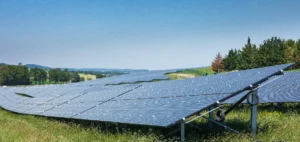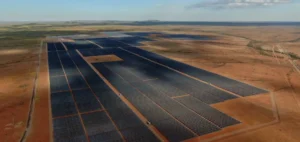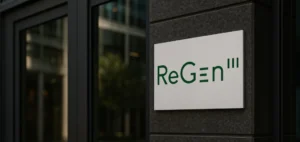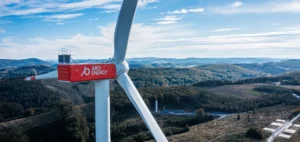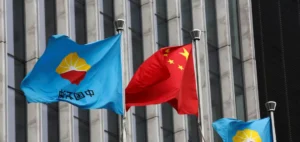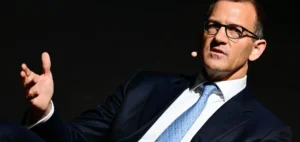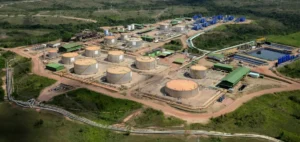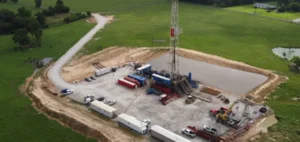Against a backdrop of growing environmental awareness, BNP Paribas, one of Europe’s leading banks, has taken a major decision. It has announced that it will no longer finance any projects associated with the extraction of metallurgical and thermal coal. This initiative, which goes beyond the bank’s previous commitments, underlines the evolution of its financial policy towards greater environmental responsibility.
The Reclaim Finance Report and Environmental Responsibility
This announcement coincides with the publication of a report by the NGO Reclaim Finance, which aims to reposition finance in favor of social and climate justice. According to the report, BNP Paribas stands out as one of the few banks, out of some fifty examined, to commit itself against the financing of metallurgical coal. This is a significant step, because the steel industry, which is a major consumer of this type of coal, is a key sector in the global economy, as well as a major emitter of CO2.
The Impact of Metallurgical Coal on CO2 Emissions
BNP Paribas’ decision is part of a growing trend among financial institutions to become more aware of their impact on the environment. In 2020, the bank had already committed to withdrawing completely from thermal coal financing by 2030 in OECD and EU countries, and by 2040 in the rest of the world. This new commitment marks a significant acceleration in its environmental policy.
Initiatives by other French banks
BNP Paribas also made it clear that this withdrawal from metallurgical coal financing is part of its overall “net zero” objective, aligning its credit portfolio with carbon emission reduction targets. The bank had already set emission reduction targets for six key industrial sectors, including steel.
Towards More Sustainable and Responsible Finance
The NGO Reclaim Finance, while welcoming this initiative, nevertheless points out that these policies do not entirely prevent financial support for the expansion of the metallurgical coal industry. Indeed, financing for companies operating in this sector remains authorized. In addition, the Reclaim Finance report highlights the role of the steel industry in global CO2 emissions, with steel being responsible for 11% of global emissions, a significantly larger share than that of the aviation sector. The report also reveals that dozens of new metallurgical coal mining projects are under development around the world.
Among French banks, BNP Paribas leads the way in terms of financing for the metallurgical coal sector, closely followed by Crédit Agricole, Société Générale and BPCE/Natixis. In recent years, these institutions have been among the world’s biggest contributors to financing in this sector.
In response, Societe Generale reiterated that its commitments to metallurgical coal, established in 2021, go beyond simply financing projects. The bank has committed to no longer establishing new relationships with companies deriving more than 50% of their revenues from metallurgical coal mining.
BNP Paribas’ announcement marks a turning point in sustainable finance, reflecting a growing awareness of environmental issues. Although this decision is a step forward, the road to a fully responsible and environmentally-friendly financial industry remains long and complex.






